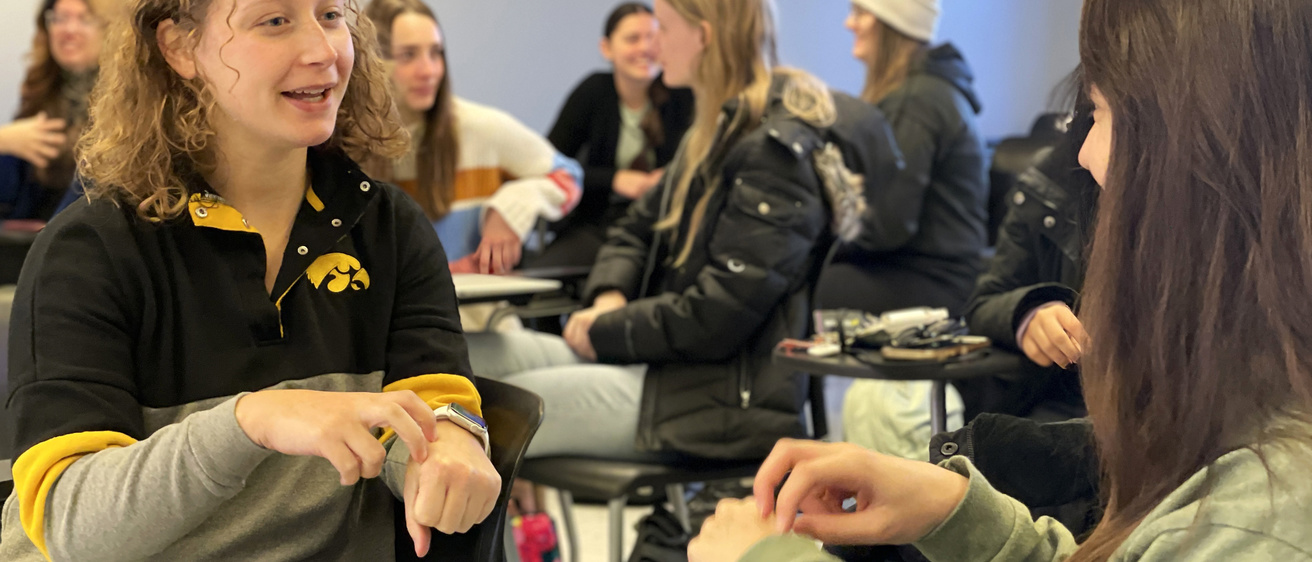Bachelor of Arts in Speech and Hearing Science
The Bachelor of Arts in Speech and Hearing Science emphasizes the normal processes of speech, hearing, and language. Coursework for the major prepares students to enroll in either a master's degree program in speech-language pathology or a clinical doctorate program in audiology (Au.D.). The undergraduate degree does not qualify an individual to work professionally in the field.
Learning Outcomes
- a strong foundational understanding of the physical processes and biological substrates underlying normal audition, normal perception, and production of speech and language;
- a strong foundational understanding of the normal development of speech, language, and hearing;
- finished all prerequisite coursework needed to begin a graduate program in either speech-language pathology or audiology; and
- preparation to begin more advanced graduate coursework focusing on disorders, diagnosis, and treatment.
Want to get started?
Learn more about the program, including courses, curriculum, and requirements here.
Minor in Communication Sciences and Disorders
The undergraduate minor in Communication Sciences and Disorders provides introductory coursework in the field of human communication that prepares students for further studies in healthcare professions or related scientific disciplines.
Learning Outcomes
- understand basic aspects of normal speech, language, hearing, and communication; and
- demonstrate competency gained through further study of normal and disordered speech, language, and hearing.
Want to get started?
Learn more about the program, including courses, curriculum, and requirements here.
